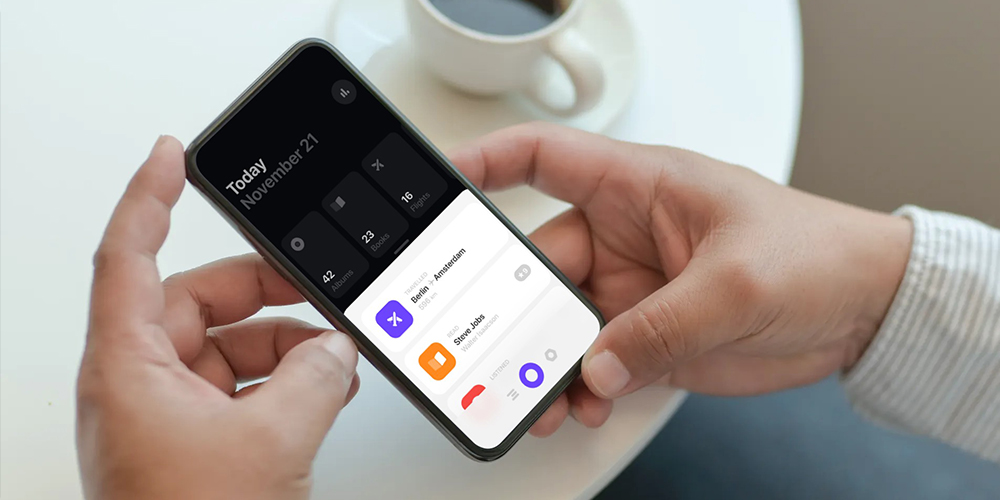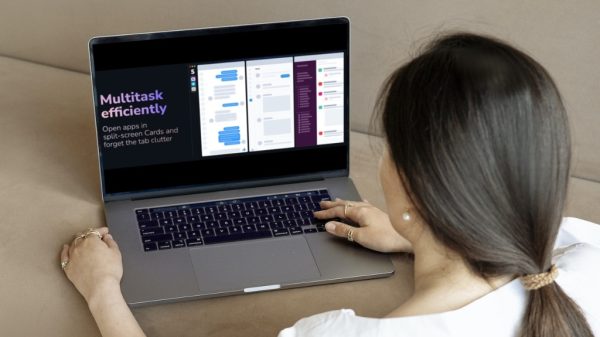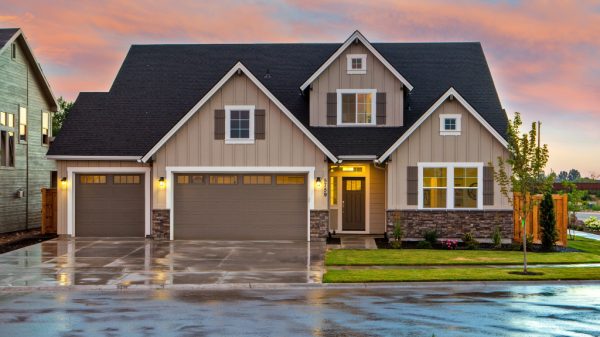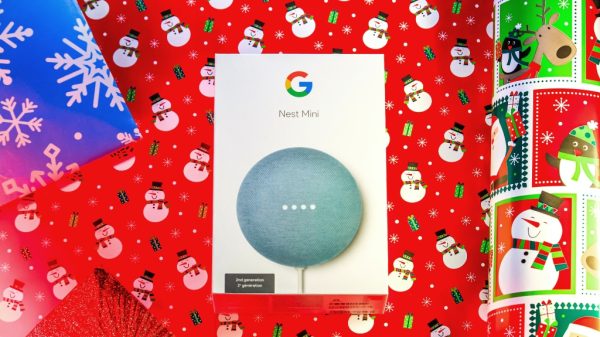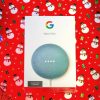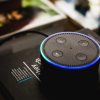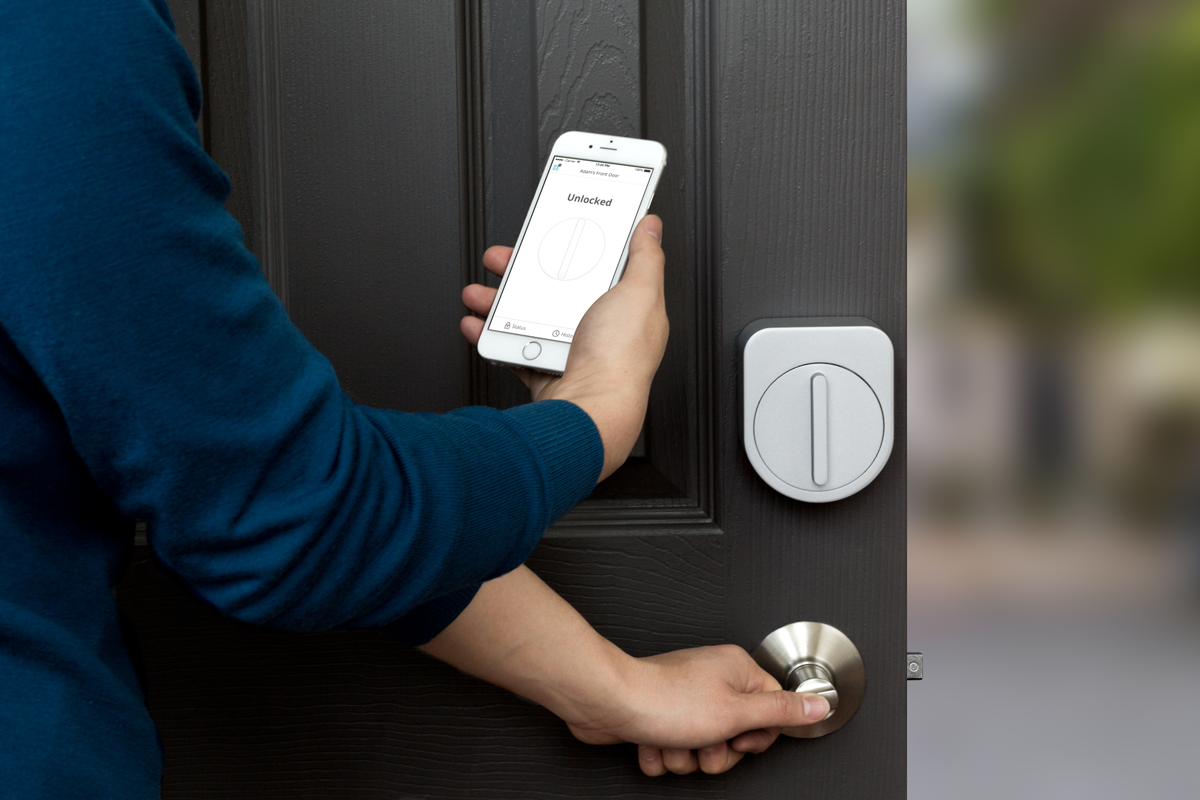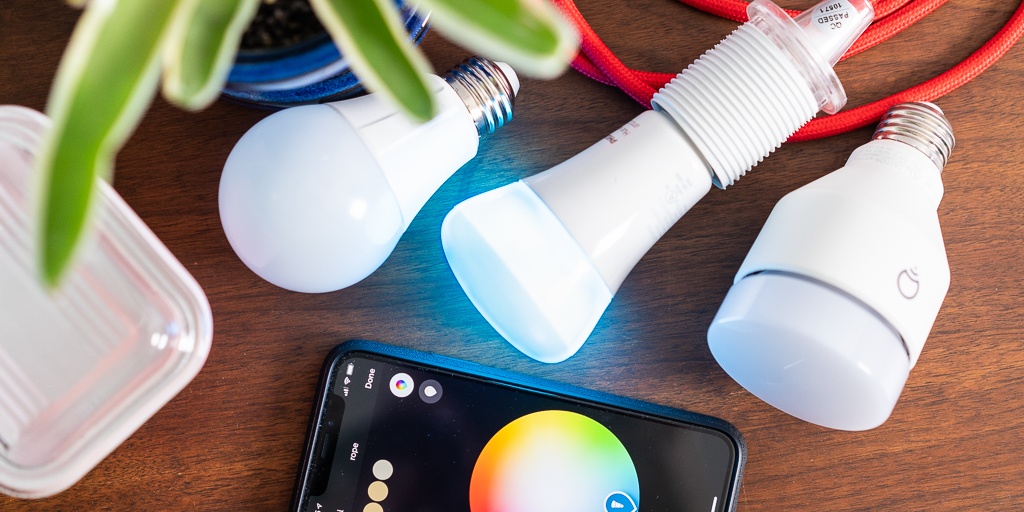Cool tech, gadgety gizmos
Chris McGugan, General Manager and VP of Innovation at Kenmore, spoke at the Smart Home Summit about the future of the Internet of Things and what our homes will look like in five years.
![]()
Smart home technology falls into two camps. Products that improve the way we interact with our home, and products that are cool. Basically, gadgets that make us feel more secure and gadgets that make it easier to stay on the couch and burn through Netflix episodes without having to get up to switch off the lights or futz with the thermostat.
What consumers want in smart homes
“Most consumers are looking for a gadget today.” McGugan said in a video interview for IoT world news. “[Most folks] are looking for home automation, home security or home monitoring.”
There’s nothing wrong with these upgrades (and here’s a recent article on how to make your home smart on a budget) and they certainly add charisma to any residence. But what McGugan and Kenmore are imagining is a more subtle home integration that focuses more on what we need, rather than the juicy gadgets that we overtly want.
A grander vision
McGugan hopes he can “bring a greater peace of mind to owning a large [appliance] if we change the way consumers interact with them and the way they are serviced and maintained.” Take your washer and dryer, for example: wouldn’t you love a notification on your smart phone when it’s time to change the load? What if you accidentally left your freezer door open? Wouldn’t you rather it send you an e-mail before wasting hours of energy?
These are not glamorous upgrades, and they’re certainly slower innovations since it can be many years before we replace our appliances, but technology like this will have a profound effect on the smart homes of our future. Soon, you likely won’t be able to buy an appliance without integrated features.
[clickToTweet tweet=”Soon, you likely won’t be able to buy an appliance without integrated features.” quote=”Soon, you likely won’t be able to buy an appliance without integrated features.”]
Innovation over time, across industry
“If you had asked someone 15 years ago if they thought a home wifi router or a broadband connection was essential, you may have had a very different answer than what you would get today,” McGugan went on. Smart home tech is the same way.
There was a time when it seemed perfectly reasonable to expect people to go to the library to browse the web, or pay a dollar every time they wanted to access the internet from a T9 phone, but now internet access has become a human right – and we expect everywhere we go to not only provide it, but provide it for free.
By the same extension, smart home technology could easily bridge the gap to business use as well.
Imagine rather than waiting in line at your local coffee shop, you could queue on your phone. What if we could summon waiters, order refills, or request an employee to look in the warehouse for an item that is inexplicably not on the shelves, all on our personal devices?
This little computer we carry around in our pockets is capable of so much more than just smart home automation, and I see business IoT integration following closely behind smart home innovations.
Putting the pieces together
McGugan is right when he ended his talk by saying that, “It’s going to come down to the interface we provide for these devices to help consumers see their real value. I would love to say that we’re going to see smart homes as essential, but I think we still have some room to grow.” Interface is key for consumers to jump on the bandwagon.
[clickToTweet tweet=”We have to see inherent value in these tools and not just expensive gimmicks.” quote=”We have to see inherent value in these tools and not just expensive gimmicks.”]
That will easily come as consumers see the usefulness in knowing if their hot water heater is leaking or if their dryer exhaust is hotter than usual. One day we may see serious costs associated with not having integrated appliances, like severe water damage or dryer vent fires.
As IoT pieces begin clicking into place, and as we begin to automate our homes, the future of full integration is definitely worth watching. Maybe in fifteen years home automation will be seen as essential for all of us.
#SmartFuture
C. L. Brenton is a staff writer at The American Genius. She loves writing about all things, she’s even won some contests doing it! For everything C. L. check out her website





